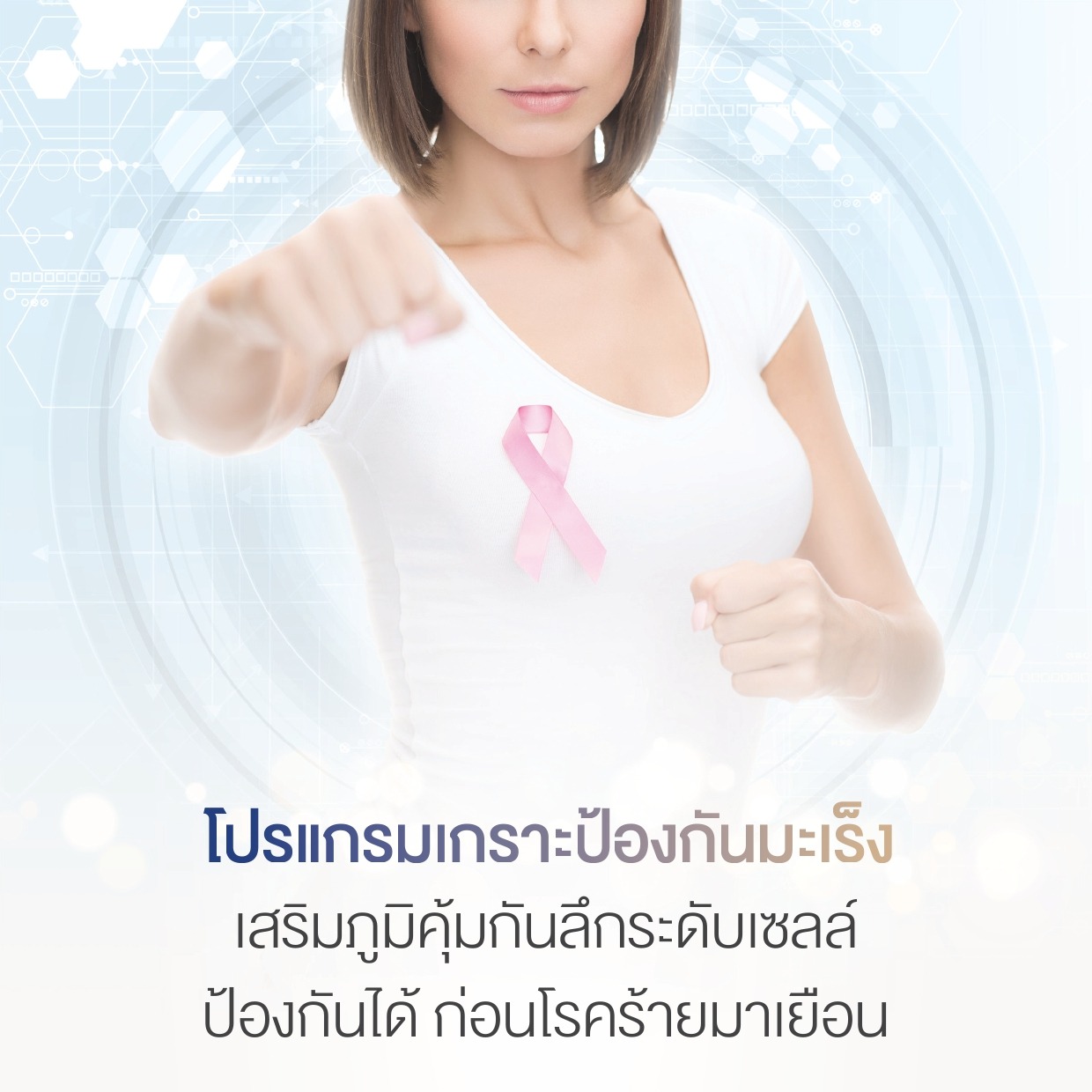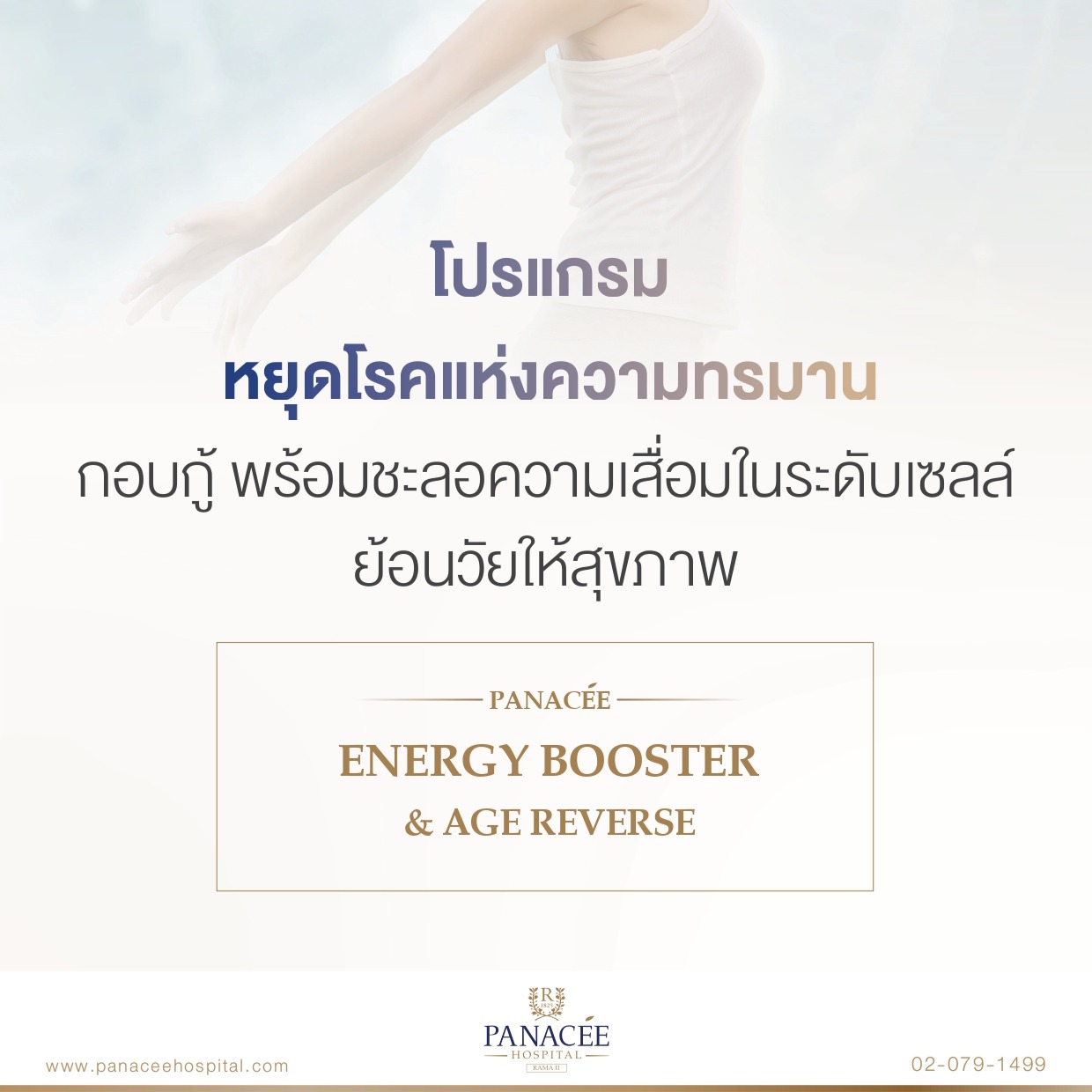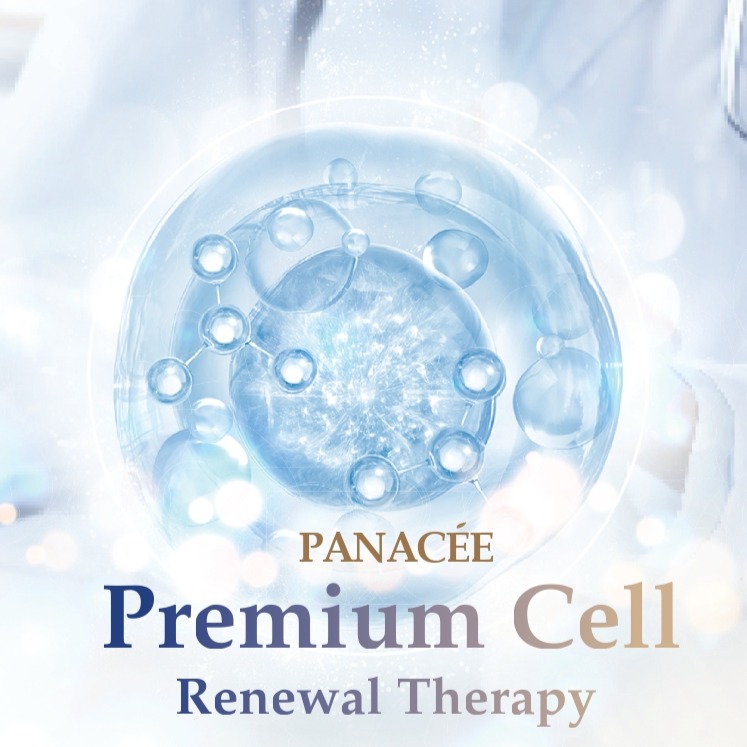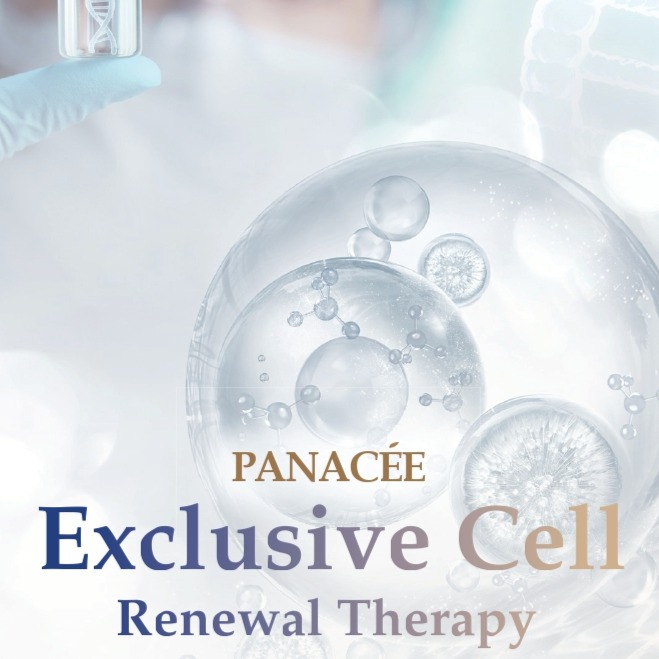Physical therapy using the muscle relaxation technique (Deep Friction) at 1 point
233/128-130 ตำบล บางน้ำจืด อำเภอเมืองสมุทรสาคร สมุทรสาคร 74000
Location
Panacee Rama ll
Description
Physical Therapy: A Drug-Free, Non-Surgical Option for Muscle, Bone, and Joint Issues
General Information
Physical therapy (PT) is a form of treatment that uses various physical techniques to alleviate pain and restore function in individuals with conditions affecting muscles, joints, bones, the nervous system, respiratory system, as well as those recovering from injuries, office syndrome, stroke, and age-related joint degeneration.
Physical therapy treatments may include ultrasound, laser therapy, hot/cold packs, massage, and therapeutic exercises.
Please note:
- The effectiveness of physical therapy varies depending on factors such as the nature and severity of the condition, and the patient's age.
- Physical therapy is a process that requires consistent treatment. The duration and frequency of sessions may vary from person to person.
Detailed Information
Pricing Details
What does the price cover?
- Deep friction massage for one specific area
- Consultation with a physician (if the consultation is followed by treatment)
Note:
- If a consultation is required but treatment is not immediately provided, an additional fee will apply.
About the Package
Physical Therapy Assessment Package
- Session duration: Approximately 15-20 minutes
- Prior appointment is required
- Suitable for treating muscle tension or pain
- Foreigners can receive the same service at the same price by presenting a passport
Preparation before treatment:
- Avoid alcohol and smoking for 24 hours before treatment
- Inform the physician or staff about any pregnancy, pre-existing medical conditions, osteoporosis, fractures, metal implants, or pacemakers.
- Inform the physician or staff about any blood thinners, medications, or allergies.
- Bring any X-ray films for diagnosis and treatment.
- Wear comfortable clothing that allows for easy movement.
Aftercare:
- Avoid staying in the same position for too long.
- Attend follow-up appointments as scheduled to assess treatment progress. If you experience any abnormalities such as drooping eyelids, headaches, neck pain, blurred vision, dry eyes, allergies, or difficulty breathing, contact your physician immediately.
Before You Decide
- If medication is required in conjunction with physical therapy, follow the advice of your physical therapist and consult with your physician or pharmacist. Do not self-medicate.
- The techniques used by physical therapists for patients with similar conditions may vary depending on the results of the medical history, physical examination, and the therapist's goals.
Contraindications for physical therapy:
- Patients with pacemakers
- Patients with metal implants in the cervical or lumbar spine
- Pregnant women
- Patients with high fever
- Patients with SLE or autoimmune diseases
- Patients with open wounds or skin infections in the treatment area
ศูนย์การแพทย์เฉพาะทาง
สิ่งอำนวยความสะดวก
Location
Reviews
Extra prices:
- {{total_price_html}}
- {{pay_now_price_html}}
Guest in maximum
BOOK NOW Book Now






